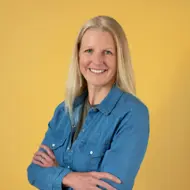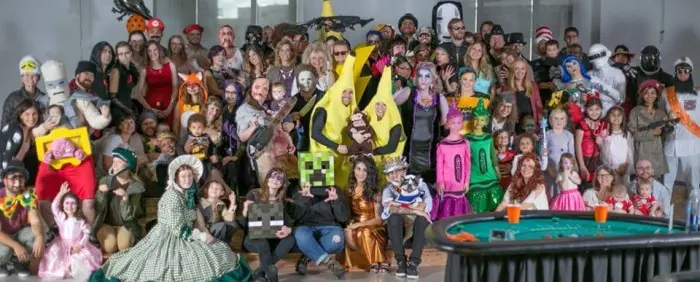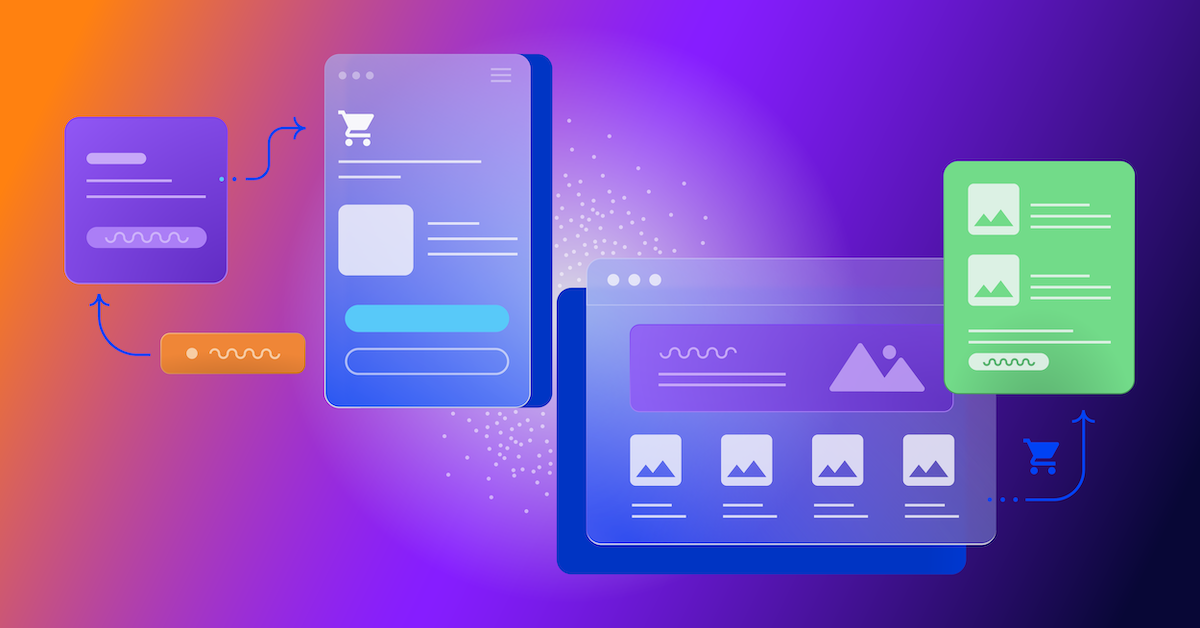An Interview with a Growth Marketer at Moz
Andy Nelson manages the Growth Marketing team at Moz.

Amanda Swan

In this interview, Andy shares great tips for starting out with A/B testing, why he’s excited about recent strides in statistics, and what he hopes people will learn from his session at Opticon 2015.
What’s your relationship to A/B testing and optimization at your company?
I manage the Growth Marketing team at Moz, focusing on customer acquisition and retention. We mainly focus our testing/optimization on our website, email, paid channels, pricing/packaging and initial product onboarding.
Editor’s note: Check out this infographic on what it means to be a growth marketer and how to hire one.
What excites you about the future of your specific industry/role?
I’m really excited about how the industry is maturing in terms of statistics and running valid experiments. Vendors have made testing incredibly easy from an execution standpoint, but it’s very hard to run valid tests. In recent years, there has been a lot of conversation around the pitfalls of p-hacking, blindly trusting statistical significance, running underpowered tests and all of the biases we can introduce in testing. Optimizely has made huge strides in moving the industry forward with the introduction of the new stats engine and sequential testing, and I’m hopeful that the rest of the industry follows suit. While there will always be some expertise required, I’m excited about a future where more intelligent tools allow for broader democratization of testing in organizations without the fear of mistakes in setup and interpretation that exist today.
So you’re speaking at Opticon. Give us an overview of your session. What are you excited to share with attendees? What would you say about it in a tweet?
I’m one of three presenters in a session called Scaling your Testing Program for Maximum Impact. I’ll be sharing tips on how to increase the impact of your testing program with the resources you have. Everyone who works in testing runs into constraints (traffic, design, development, etc.), so I’m hoping people leave the session with some ideas to implement when they get back to work. I’m terrible at tweeting, so I won’t even attempt to turn that into 140 characters.
Editor’s note: We crafted a tweet for Andy. “I’m speaking at #Opticon2015 w/ @MartijnSch & @iamdeepa about scaling your testing program for maximum impact”
What sessions are you particularly looking forward to?
Some of the sessions that look great to me are:
- Early Lessons in Personalization Strategy
- Building the SaaS Growth Engine
- The 21st Century Marketing Stack & Team
- Fishing with Spears: All about Account Based Marketing

The Moz team on Halloween
What advice do you have for someone who wants to get into optimization?
I have three pieces of advice:
First, learn the math and mechanics behind A/B testing. That doesn’t mean you need to get a statistics degree or learn to code, but you should have a solid understanding of statistical significance, power, confidence intervals, sample sizes, cookies, what Javascript is, and the basics of how a tool like Optimizely works.
Second, soak up as much information on A/B testing, CRO, user experience, interaction design, voice of the customer and related areas as you can from free resources. You could spend days going through the awesome content you’ll find on industry blogs, beginner’s guides, Slideshare decks and other resources you’ll find from a simple Google search.
Third, get your hands dirty! It’s great to read and know a lot in theory, but there is so much about testing you can only learn by actually doing it. Sign up for the free Optimizely plan and start running tests on your blog or a friend’s website. If you don’t have access to a site that gets a decent amount of traffic, reach out to a non-profit and offer to help optimize their site for free.
What do you read/listen to/watch to stay fresh on news, trends etc, about your industry?
My two main sources of industry info are blogs and Twitter. Some of my favorite blogs include Optimizely, Brooks Bell, WhichTestWon, Unbounce and Moz. I’m not great about keeping up to date on Twitter, but when I do check my feed I almost always find interesting links from the testing and analytics folks I follow.
What piece of advice has really stuck with you through your career?
One thing I learned early on is that what works for one company won’t necessarily work for another, which is why “best practices” should really just be viewed as good ideas for tests.
If you could run an A/B test in your life, what two things would you want to test against each other?
We’re in the middle of a rough sleep phase with our toddler, so I’d definitely test different strategies to get him to sleep past 5.
#BBD0E0 »
